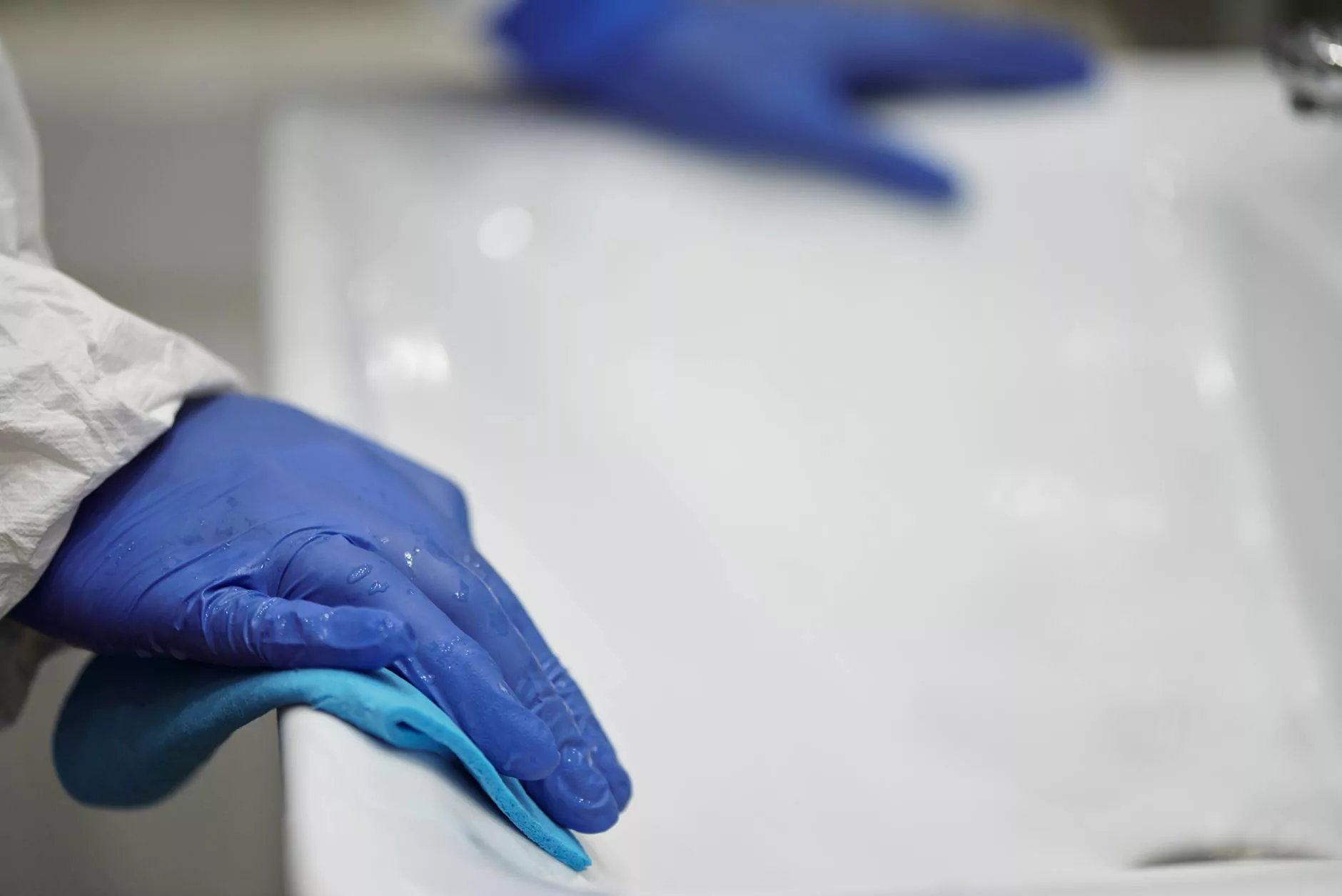The Importance of Regular Ear Hearing Tests for Optimal Health

Understanding Ear Hearing Tests
Regular ear hearing tests are crucial for maintaining auditory health and overall well-being. A hearing test assesses your ability to hear sounds and helps detect any hearing loss early. These tests are typically non-invasive, simple, and can significantly impact your quality of life.
Why Are Ear Hearing Tests Important?
Here are several compelling reasons why you should prioritize ear hearing tests:
- Early Detection of Hearing Loss: Regular tests help in identifying hearing issues before they worsen.
- Enhanced Communication: Hearing is essential for effective communication. Detecting problems early allows for timely intervention.
- Improved Quality of Life: Addressing hearing loss can greatly improve your day-to-day experiences and interactions.
- Preventive Health Measure: Hearing health is interconnected with overall health; regular checks can prevent related health issues.
The Process of an Ear Hearing Test
Understanding what happens during an ear hearing test can alleviate any fears or anxieties you may have. Here’s a step-by-step overview of the typical process involved:
- Initial Consultation: The audiologist will discuss your hearing history and any issues you may be experiencing.
- Otoscopy: A visual examination of the ear canal using an otoscope to check for blockages or infections.
- Pure Tone Audiometry: A series of sounds at various frequencies to determine the quietest sounds you can hear.
- Speech Audiometry: This test involves repeating words at different volumes to assess your ability to understand speech.
- Impedance Audiometry: Measures the response of the eardrum to pressure changes, helping assess middle ear function.
These tests are straightforward, usually lasting 30 minutes to an hour, and provide invaluable insights into your hearing health.
Who Should Get Their Hearing Tested?
Ear hearing tests are essential for various demographics, including:
- Adults and Seniors: Age-related hearing loss is common and can greatly affect quality of life.
- People with Noise Exposure: Those frequently exposed to loud environments should be tested regularly.
- Individuals with Ear Infections: Frequent infections necessitate monitoring for potential hearing loss.
- Anyone Experiencing Hearing Issues: If you notice changes in your hearing ability, seek an evaluation promptly.
The Benefits of Early Detection and Intervention
Detecting hearing loss early can lead to numerous benefits, such as:
- Better Management of Hearing Loss: Early intervention can lead to customized solutions like hearing aids or therapy.
- Maintained Cognitive Function: Studies suggest that untreated hearing loss may be linked to cognitive decline.
- Reduced Isolation: Addressing hearing issues can enhance social interactions, reducing feelings of loneliness and isolation.
- Increased Safety: Improved hearing helps you stay aware of your surroundings, which is essential for personal safety.
Choosing the Right Audiology Service
When considering an ear hearing test, choosing the right audiology service provider is crucial. At Summertown Audiology, we provide comprehensive hearing assessments with a patient-first approach. Here’s what to look for in a quality audiology service:
- Qualified Professionals: Ensure the audiologists are well-trained and have relevant certifications.
- State-of-the-Art Equipment: Advanced technology provides reliable and accurate test results.
- Comprehensive Services: A facility offering a range of services from testing to hearing aid fitting is ideal.
- Patient Reviews: Positive testimonials can give insight into the level of service and care provided.
- Follow-up Care: A good provider should offer follow-up care and support post-assessment.
How to Prepare for Your Ear Hearing Test
Preparation can enhance the efficacy of your ear hearing test. Here are some tips on how to ready yourself:
- Avoid Loud Noises: Refrain from exposure to loud sounds 48 hours before your appointment.
- Bring a List of Medications: Certain medications may affect your hearing; be sure to inform your audiologist.
- Note Your Symptoms: Make a list of any hearing-related issues you've been experiencing.
- Stay Relaxed: Try to remain calm; anxiety can impact your hearing abilities during the test.
Innovations in Hearing Health Technology
The field of audiology is continually evolving with technological advancements. Here are some innovative developments that are shaping the future of hearing health:
- Smart Hearing Aids: Advanced devices that connect to smartphones and adapt to various environments automatically.
- Tele-audiology: Remote hearing tests and consultations are becoming more common, providing convenience for patients.
- Personal Sound Amplification Products (PSAPs): These devices can help individuals with normal hearing in specific situations.
- Cochlear Implants: Solutions for profound hearing loss continue to advance, offering improved auditory experiences.
Maintaining Auditory Health: Tips and Best Practices
Preventative care is crucial in maintaining your hearing health. Here are some tips to keep your ears healthy:
- Protect Your Hearing: Use ear protection in loud environments and keep volume levels reasonable.
- Stay Hydrated: Proper hydration aids overall health and can benefit ear function.
- Regular Check-Ups: Schedule regular ear hearing tests to monitor your auditory health.
- Healthy Lifestyle: Maintain a balanced diet and exercise regularly to support overall well-being, which connects to hearing health.
Conclusion
Taking the time to invest in your hearing health through regular ear hearing tests is essential. At Summertown Audiology, we’re committed to providing the best hearing care services to help you maintain optimal listening abilities. Don’t wait; schedule your hearing test today and take the first step towards better auditory health!









